Ethiopia fighting enters third week, both sides claim big wins
Both sides in Ethiopia’s raging internal conflict claimed military successes on Wednesday, creating a muddied picture of fighting even as the government promised it would soon be over.
A communications blackout in the Tigray region, where Prime Minister Abiy Ahmed has ordered military operations against the ruling party, has made it difficult to get a clear picture of hostilities that have now entered their third week.
"We're inflicting heavy defeats on all fronts against the forces that came to attack us," Tigrayan leader Debretsion Gebremichael said in a statement, referring to federal forces.
"I call upon all the Tigrayan people to go out en masse to drive out the invaders," he added.
However army chief said in a statement of his own that Ethiopia's army was "winning on all fronts" and that the Tigray People's Liberation Front (TPLF) was "in a state of desperation."
"The TPLF's plan to drag Ethiopia into civil war and tear it apart has failed. It is currently in a desperate mode as it is surrounded," Berhanu said.
Abiy, last year's Nobel Peace Prize winner, announced the military campaign in Tigray on November 4, saying it was in response to TPLF attacks on federal military camps.
It was a dramatic escalation of his long-running feud with the TPLF, an organisation that dominated Ethiopian politics for nearly three decades before Abiy took office in 2018.
Abiy has resisted international pressure to bring about a cessation of hostilities.
He says mediation can only happen when the TPLF is disarmed and its leaders arrested.
On Tuesday Abiy announced that "in the coming days the final law enforcement activities will be done."
His government later claimed to be marching on the regional capital, Mekele, and to hold the town of Mehoni 125 kilometres (78 miles) to the south.
It also accused the TPLF of destroying four bridges leading into Mekele.
In an interview with German television network DW on Tuesday, Defense Minister Kenea Yadeta said the conflict would end "probably within less than 10 to 15 days."
But diplomats say it is far from clear federal forces will be able to secure a quick victory.
The TPLF has considerable military assets and an estimated 250,000 troops fighting on mountainous terrain they know well.
Ethiopia's military is estimated at 150,000 troops, a figure that does not include special forces and militias.
There are fears the conflict could spread beyond Tigray. Thousands of militiamen from the Amhara region south of Tigray have deployed to the two regions' shared border, and TPLF forces last week fired rockets at two airports in Amhara.
The following evening they launched rocket strikes on the airport in the Eritrean capital Asmara. The TPLF accuses Ethiopia of enlisting Eritrean soldiers in the conflict, something Ethiopia denies.
Ethiopian parents fear for future of refugee children
Seated on the ground in a camp in Sudan's Gedaref region, Ethiopian schoolteacher Tadros Bay reads a story to four children huddled around him.
He somehow managed to rescue the book on his escape from Mai-Kadra in Ethiopia's Tigray region where he said atrocities were carried out by government forces.
Children listen attentively to the 32-year-old teacher with whom they share the fate of thousands of refugees thrown onto the roads by war in their homeland.
"I try to help these children but we don't have books or a place to study," he says.
The transit camp in eastern Sudan near the border with Ethiopia has become home for 17,000 refugees, including 5,000 children, according to Sudanese officials.
Built five years ago to relocate residents whose homes were flooded by a reservoir, so-called "village number 8" has only one school for Sudanese.
In the streets, children run, play and cry, their parents fearful they will turn into a lost generation because of a war that will drag on.
Conflict has raged since November 4 when Ethiopian Prime Minister Abiy Ahmed announced the launch of military operations in Tigray in a dramatic escalation of a long-running feud with the region's ruling party, the Tigray People's Liberation Front (TPLF).
According to the UN High Commissioner for Refugees (UNHCR), 4,000 people have been crossing the border with Sudan each day since November 10.
Iessa Burhano, 29, and her husband owned a hotel in Mai-Kadra, in southwest Tigray, the scene of alleged atrocities.
Amnesty International, citing witnesses, has accused forces loyal to the TPLF of responsibility for a "massacre" which "probably" left hundreds of civilians dead in Mai-Kadra.
However, several refugees interviewed by AFP in another Gedaref camp, Um Raquba, say the abuses were committed by federal army troops.
"Soldiers of the federal army attacked our hotel, looted it as well as our other properties," Iessa Burhano charges.
Now, her three children, aged eight, 10 and 13, who were supposed to return to school this month, are "refugees and will certainly not be able to resume their studies", she says.
Originally from Humera, in western Tigray, Tasfai Gabro, the father of four school-age children, also had to flee his village.
"Now that we are in Sudan and although I am not worried about the immediate future, I fear for the future of my children," says the 60-year-old truck driver.
"I think the war will last a long time. What a future for my sons!"
(Source: Agencies)
FM Araqchi: Third round of Iran-US talks 'one of the best to date'
Israeli army chief privately warns of cost of new war with Iran: Report
IRGC official: US buildup, psychological tactics aim to 'swallow Iran again'
Iran’s three-man team captures triple gold at UWW ranking series in Tirana
Iranian academic sentenced to 4 years in prison in France for supporting Palestine
VIDEO | Press TV's news headlines
Russia: West seeks to repeat past ‘plunder’ of Iran’s oil
Herzog visits Ethiopia to expand Israeli footprint in Africa


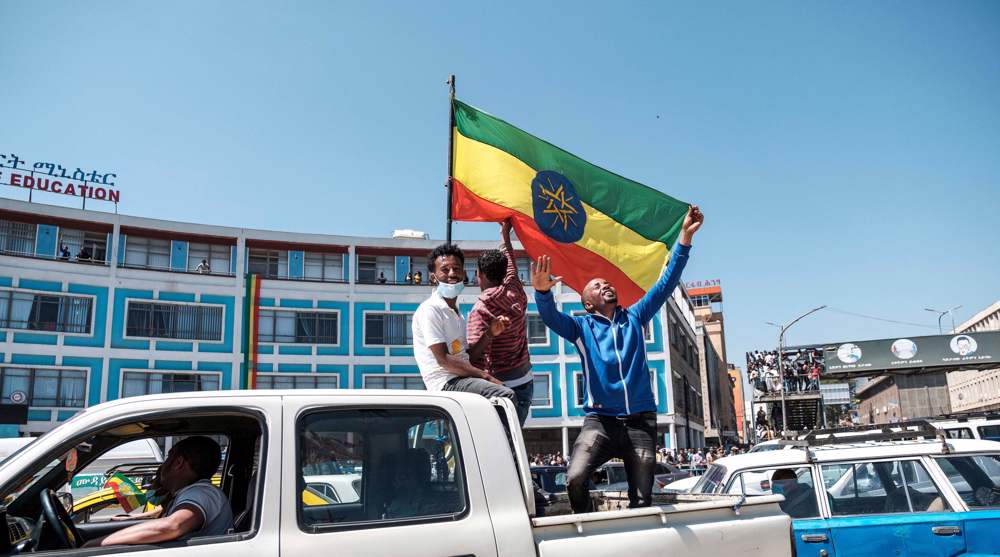


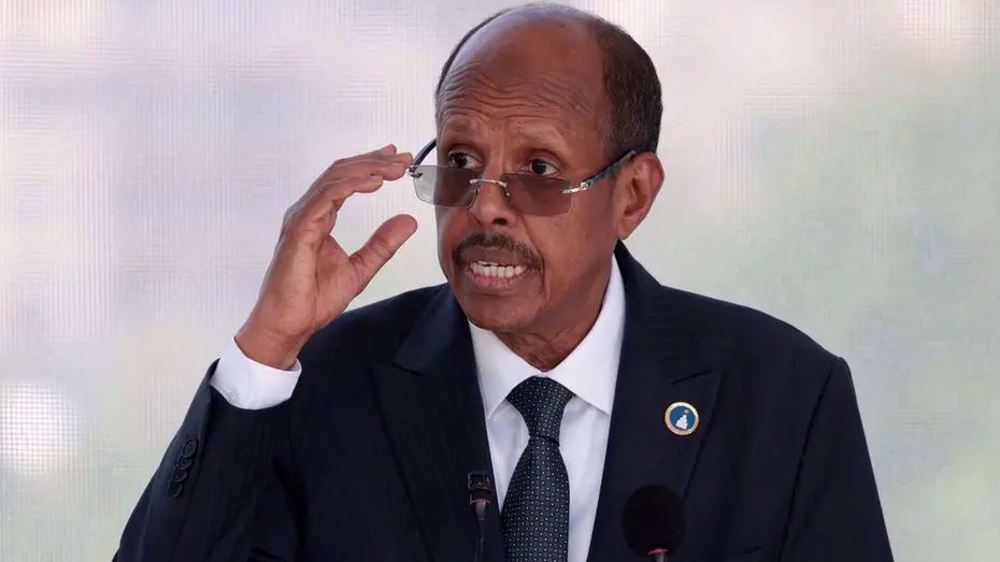







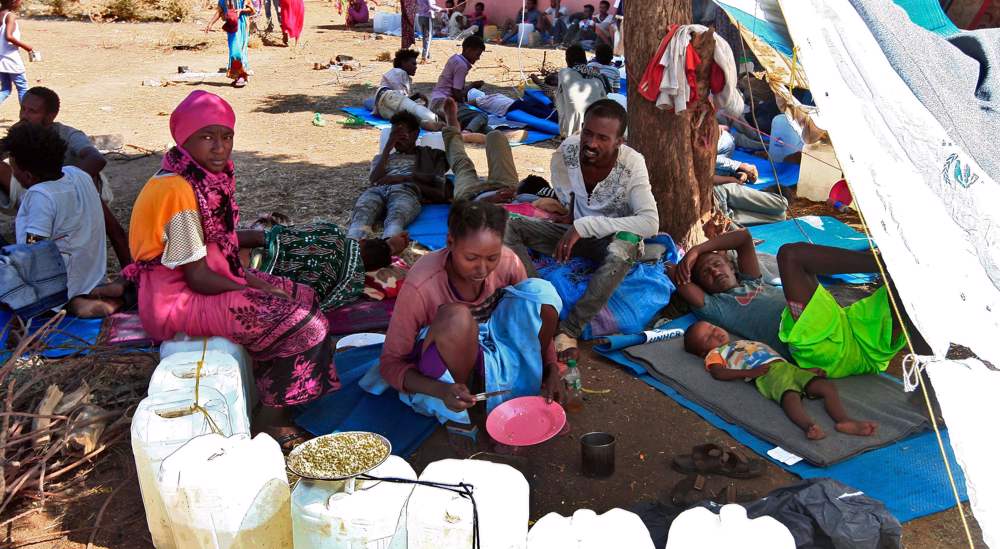
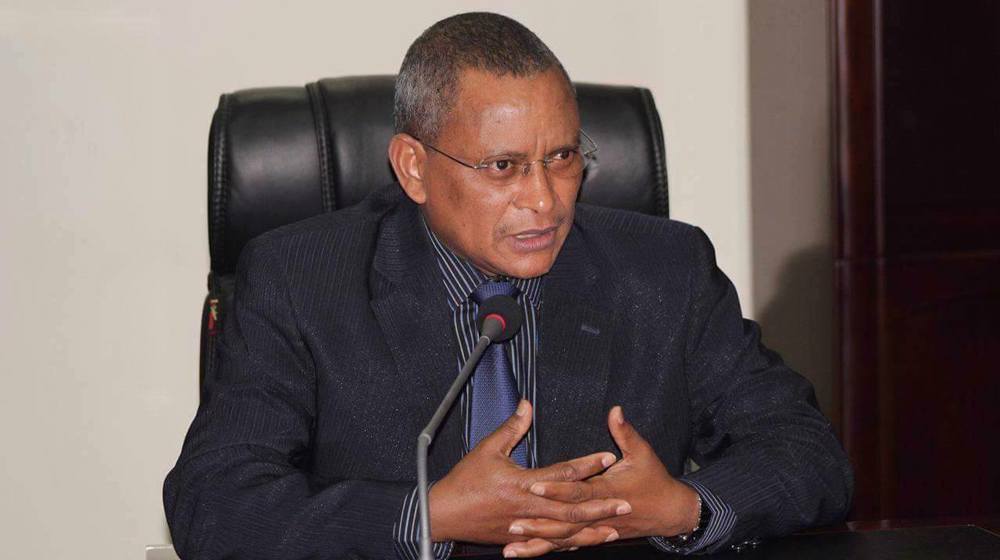
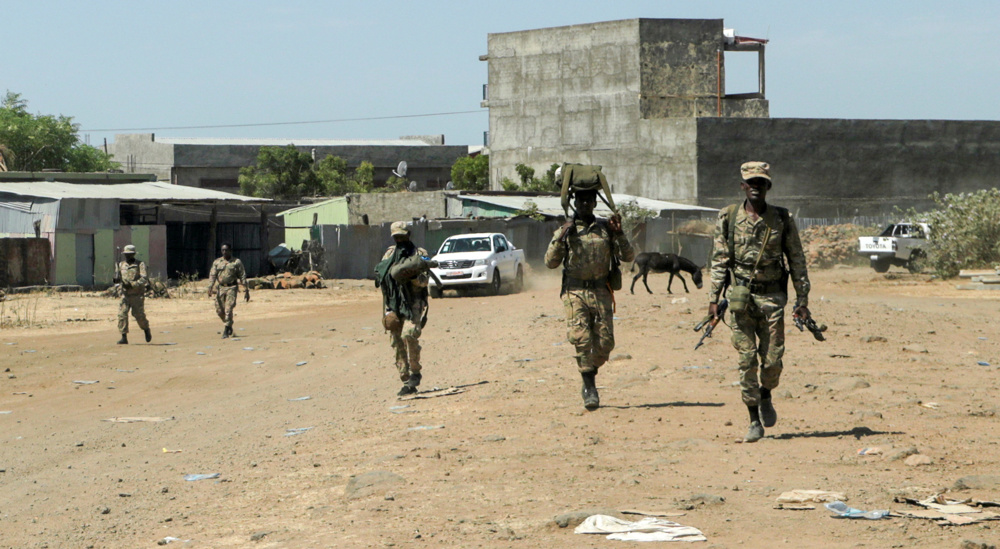

 This makes it easy to access the Press TV website
This makes it easy to access the Press TV website